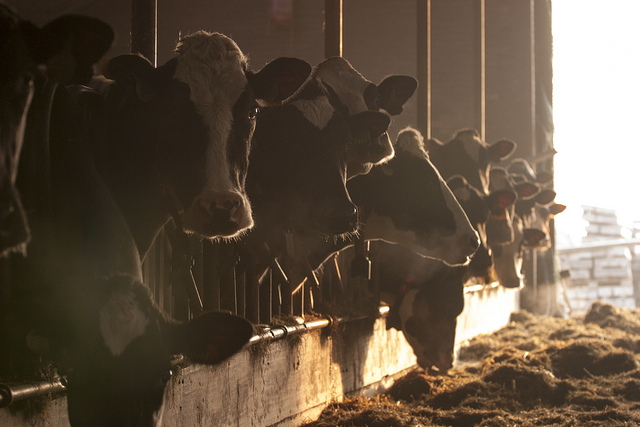



Investors urge EU to prioritise climate in agriculture reform
A $2 trillion group of investors have urged the European Commission to be more ambitious in its planned overhaul of the bloc's huge farming subsidy programme to fight climate change and protect biodiversity.
Reuters reports that ahead of a meeting of agriculture ministers from European Union countries on Monday, the group said proposed reforms to the Common Agricultural Policy needed to go much further to align with the EU target to reach net zero greenhouse gas emissions by 2050.
Led by Legal & General Investment Management and think-tank Chatham House, the group made four recommendations, including reducing direct support for commodities with high emissions, such as red meat and dairy.

Financial support should be linked to the cost of efforts that protect the environmental, and incentives should be redesigned to put a value on sustainable agriculture, rather than boosting production at the expense of climate concerns.
Farmers should also be eligible for EU funds to help them transition away from high-emitting activities, the group said.
"As long-term investors, and stewards of our clients’ assets, we engage with businesses across the food and agriculture sector to help them transition towards a net-zero economy," said Alexander Burr, ESG Policy Lead at Legal & General Investment Management.
"However, to truly effect change we seek stronger action from policymakers," he said.
Agriculture accounts for around 10% of EU emissions.
A European Commission representative said it is committed to negotiating a farming policy that will support EU green goals, and its proposals would increase funding for sustainable schemes like carbon farming or organic production.
"The Commission supports a new CAP that includes strong environmental and climate ambition," the representative said.
The investor group also includes Aviva Investors, Robeco and the FAIRR Initiative, an investor group focused on the food sector. FAIRR said it would consult its members, who manage a collective $30 trillion, on further areas of engagement on the issue.
Read more about this story here.
Source: Reuters


